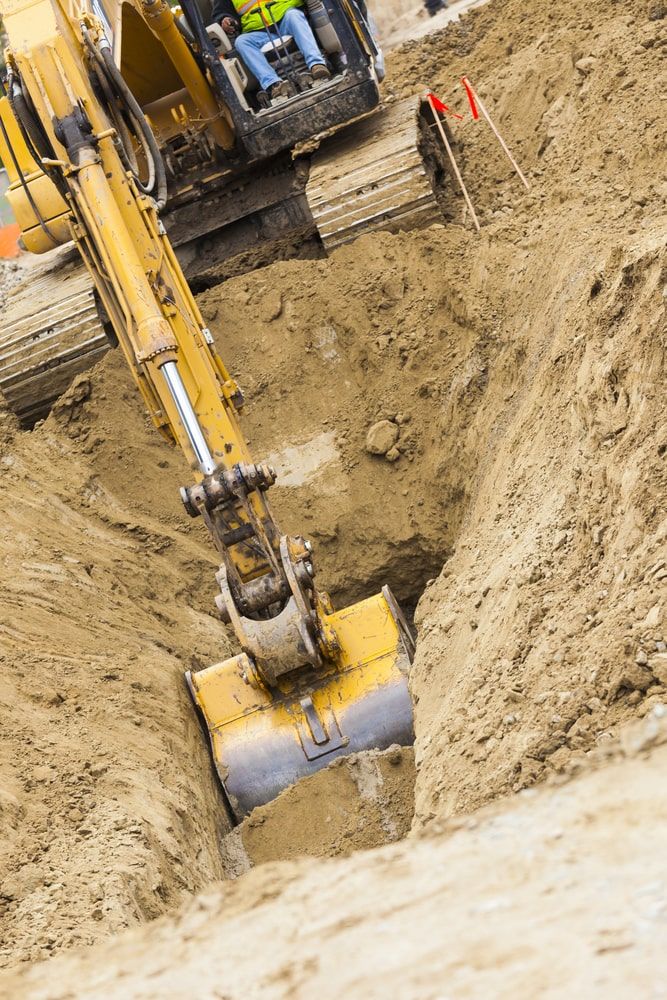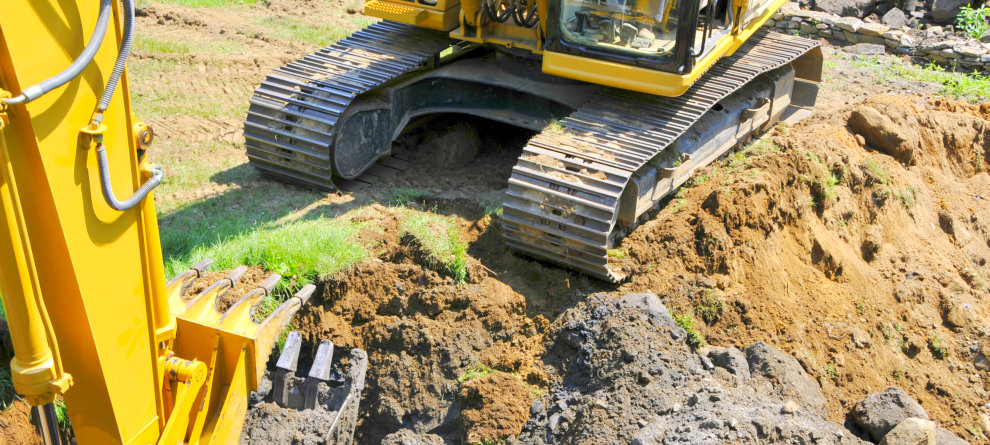Comprehensive Excavation Techniques: Grasping the Fundamentals for Success
In the world of building and construction and civil engineering, the importance of reliable excavation techniques can not be overemphasized. The cautious preparation, precise execution, and careful focus to detail needed in excavation jobs require an extensive approach that encompasses different essential facets. From first soil evaluation to the application of precaution and regular progression surveillance, mastering these core elements is crucial for attaining success in any type of excavation venture. However, real proficiency exists not just in recognizing these fundamentals but in flawlessly integrating them to navigate the complexities of excavation projects with finesse.
Recognizing Excavation Project Preparation

Successful excavation jobs are improved the foundation of precise and detailed planning. The initial stage of any kind of excavation job is the preparation stage, where essential decisions are made that can substantially affect the end result of the job. Throughout this phase, it is necessary to collect all relevant info about the website, including topographical studies, soil make-up, and any possible hazards that may exist. Comprehending the task spending plan, scope, and timeline restrictions is critical for producing a comprehensive excavation strategy that ensures the job's success.
One trick facet of excavation project preparation is the development of a comprehensive timeline that describes the sequence of activities, deadlines, and turning points. By carefully taking into consideration all these aspects throughout the preparation stage, excavation jobs can be implemented efficiently and properly, leading to effective end results - septic ohio.
Soil Evaluation and Website Examination
Performing thorough dirt evaluation and site assessment is an essential action in the prep work phase of any excavation job. Dirt evaluation includes establishing the structure, framework, and properties of the dirt at the excavation site. This info is crucial for comprehending the dirt's bearing capacity, dampness web content, and capacity for disintegration, which are key consider identifying the excavation techniques and devices required for the project.
Site evaluation exceeds soil analysis and includes a broader assessment of the general site conditions. This analysis consists of identifying any potential dangers, such as below ground energies, ecological issues, or unstable surface, that can affect the excavation process. By extensively examining the site, task supervisors can develop reliable excavation techniques that focus on safety and security, effectiveness, and ecological defense.
Using sophisticated innovations like ground-penetrating radar, soil sampling, and drone studies can boost the accuracy and effectiveness of soil evaluation and site assessment. Spending time and resources in these initial steps can ultimately save time and prevent expensive hold-ups or problems during the excavation process.
Tools Option and Usage
Reliable excavation projects rely greatly on strategic devices selection and application to make sure optimum performance and productivity. Selecting the appropriate equipment for the job is critical in taking full advantage of efficiency and lessening downtime. Aspects such as the type of dirt, depth of excavation, and project extent play a significant function in establishing the most suitable tools for the task handy.

In addition to choosing the ideal devices, appropriate application is essential to project success. Operators must be educated to manage the devices securely and successfully - lancaster trenching. Routine maintenance checks and timely repair services aid protect against failures and make certain constant performance throughout the project
Safety And Security Measures and Rules Conformity
In the world of excavation tasks, focusing on precaution and conformity with regulations is critical to guaranteeing a legally audio and safe and secure functional environment. Safety measures include a series of techniques, consisting of carrying out complete website evaluations, carrying out appropriate signs and barriers, and supplying sufficient safety and security training for all workers associated with you could try here the excavation process. Adherence to laws, such as OSHA demands in the USA, makes sure that the excavation project fulfills the needed standards to protect employees, bystanders, and the surrounding setting.

Tracking Progression and Adjusting Strategies
How can forecast supervisors efficiently track the innovation of excavation jobs and adjust their approaches accordingly to optimize results? Monitoring development is necessary for guaranteeing that excavation tasks stay on track and satisfy target dates.

Verdict
Finally, understanding the principles of thorough excavation strategies is important for the success of any kind of task. By recognizing task preparation, examining dirt and website conditions, picking proper equipment, abiding with security guidelines, and keeping an eye on progress, project supervisors can ensure a effective and smooth excavation process. Executing these approaches will lead to successful results and minimize possible dangers or setbacks throughout the excavation task.
The preliminary stage of any excavation job is the preparation phase, where vital choices are made that can considerably influence the outcome of the job. Comprehending the job range, spending plan, and timeline restraints is vital for developing an extensive excavation strategy that makes sure the view publisher site job's success.
Exactly how can project supervisors successfully track the improvement of excavation tasks and adapt their approaches appropriately to maximize results? By carefully monitoring progression and being prepared to adapt methods, project managers can boost the general success of excavation tasks.
By comprehending task planning, analyzing dirt and website conditions, selecting appropriate equipment, abiding with safety regulations, and monitoring progress, project supervisors can make certain a smooth and effective excavation process.